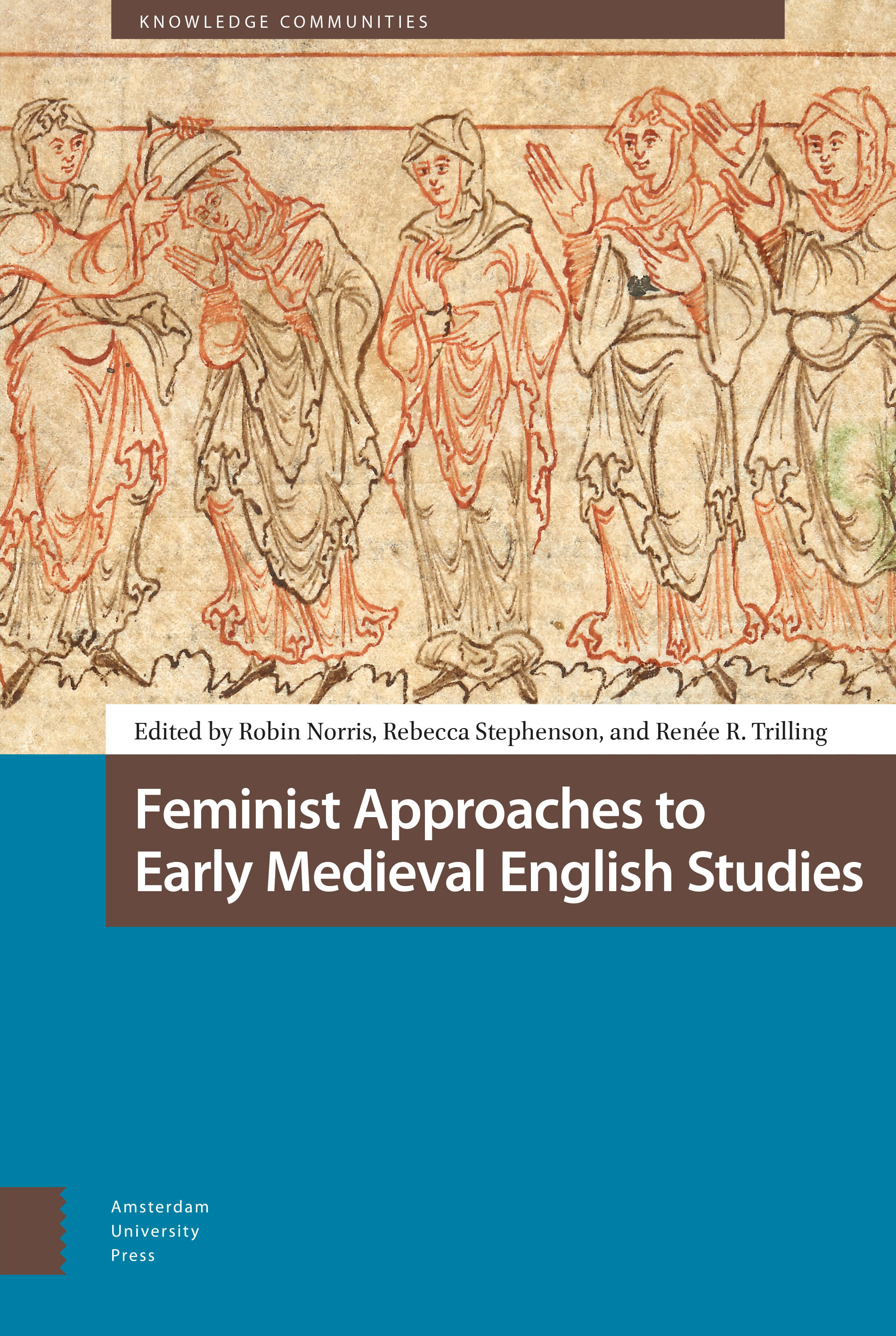5 - Shame, Disgust and Ælfric’s Masculine Performance
Published online by Cambridge University Press: 19 April 2023
Summary
Abstract
In the “Letter to Brother Edward” Ælfric expressesdisgust at reports of women who eat and drink on the privy during beerparties. Misogynistic disgust at the leaky bodies of women is widespreadin western literature, but when Ælfric depicts disgusting bodiesthey are usually male bodies, reflecting anxieties about masculineauthority. Ælfric idealizes a male body that is sealed, chasteand pure, a site from which disgust can be expressed rather thaninspiring it. Ælfric’s signals of disgust are part of hisconstruction of an authoritative preaching voice. However, he is notfree of misogynistic disgust, and the anomalously extreme emotion of the“Letter to Brother Edward” suggests an authority underthreat from the uncontrolled, messy bodies of women.
Keywords: disgust, masculinity, Ælfric of Eynsham,women
In the third and final section of the “Letter to BrotherEdward”, a short text of the late tenth or early eleventh century nowconvincingly ascribed to Ælfric, the homilist allows himself anunusually vehement expression of emotion.
Ic bidde eac þe, broðor, forþam ðe þubyst uppan lande mid wimmannum oftor þonne ic beo,þæt þu him an þing secge, gif ðu forsceame swaþeah hit him secgan mæge; me sceamaðþearle þæt ic hit secge ðe. Ic hit gehyrdeoft secgan, and hit is yfel soð, þæt þasuplendiscan wif wyllað oft drincan and furþon etan fulliceon gangsetlum æt heora gebeorscipum, ac hit is bysmorlicdæd and mycel higeleast and huxlic bysmor þætænig man æfre swa unþeawfast beon sceoleþæt he þone muð ufan mid mettum afylle andon oðerne ende him gange þæt meox ut fram anddrince þonne ægðer ge þæt ealu geþone stencg, þæt he huru swa afylle his fracodangyfernysse. Ic ne mæg for sceame þa sceandlicandæde, þæt ænig mann sceole etan on gange,swa fullice secgan swa hit fullic is, ac þæt næfrene deð nan ðæra manna ðe deah.
(I ask you also, brother, because you are up the country with women moreoften than I am, that you say one thing to them, if however you are ableto say it to them for shame; I am greatly ashamed to say it to you.
- Type
- Chapter
- Information
- Feminist Approaches to Early Medieval English Studies , pp. 143 - 168Publisher: Amsterdam University PressPrint publication year: 2023
- 1
- Cited by

